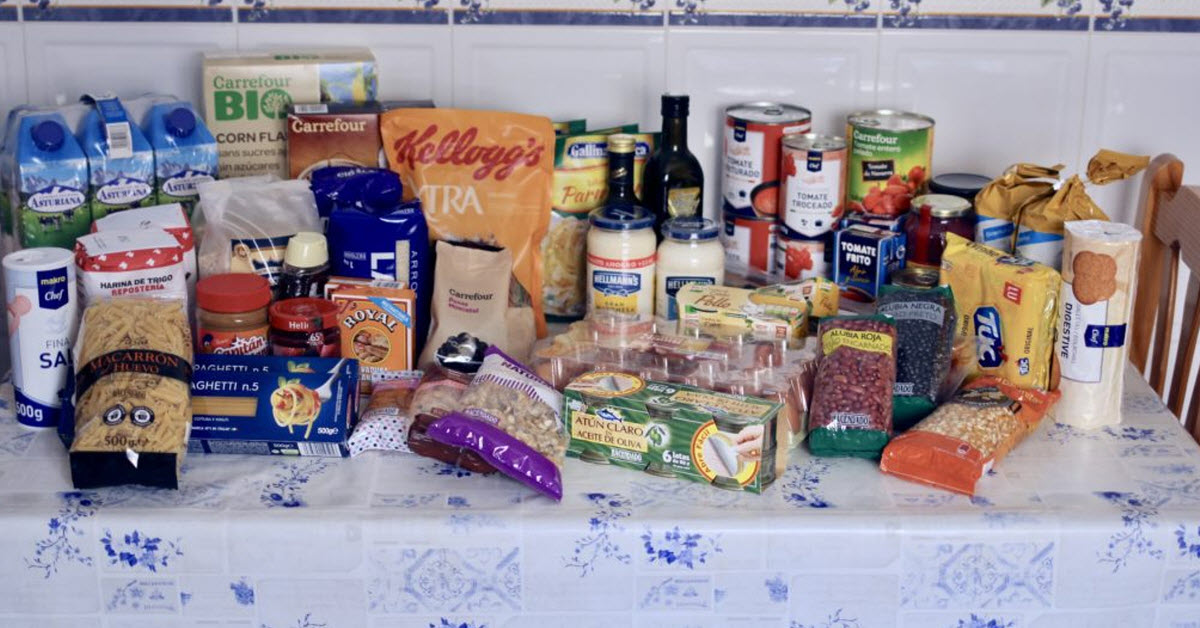They sometimes say that the journey of 1000 miles begins with a single step and that is true in many areas of life. It is also true when it comes to preparing to survive any type of disaster, regardless of whether it is a natural disaster or a man-made catastrophe. When such an event strikes, there are a few things that you will need if you want to survive. They include water, first-aid supplies and plenty of food.
If you are new to food storage, you likely have many questions. You are probably wondering what types of foods are best to store or how you can start the process on a budget. You may even be wondering how much you need or perhaps you are just wondering where to start. This article will address those questions.

First of all, it is best if you start out with the very basics. In order to survive a disaster, you will need food and water and they should both be considered as part of your preparedness pantry. Don’t get overwhelmed with the small stuff just yet, begin working on the basics and put your best foot forward. Be sure that you have a minimum of three day’s worth of water and food for your family. Rotate the stock regularly.
If you are getting started and are on a tight budget, there are ways to fill the pantry and to do so without breaking the bank. In many cases, it may just mean sacrificing a little so that you can add something to the pantry every week. Perhaps it may be skipping that expensive coffee drink one morning every week or maybe eating at home rather than eating out on the weekends. This isn’t something that needs to be done forever, but making small changes in your budget now can help you to get your pantry underway.

Start with a basic meal plan that will allow you to put enough food away so that you can keep your family alive for a few months. Remember that you are going to have everything at first but it is an ongoing process. Consider eating three meals per day but keep them somewhat basic.
Focus more on canned fruits, vegetables and meats. Canned foods tend to have a long shelf life and if you pay close attention to your stock, you can actually eat from the pantry as you replenish the supplies. Other items that can be include in your basic preparedness pantry includes rice, pasta, peanut butter, powdered milk, dried beans, salt, sugar, oil, coffee and tea and a treat so you don’t feel completely deprived.
One final factor to consider is the possibility of buying prepackaged, dehydrated foods. These foods can be very convenient but they can also be expensive. At first, it may be best to focus on canned foods, rice and some of the basic necessities. Eventually, you can begin adding the prepackaged foods into the mix.
